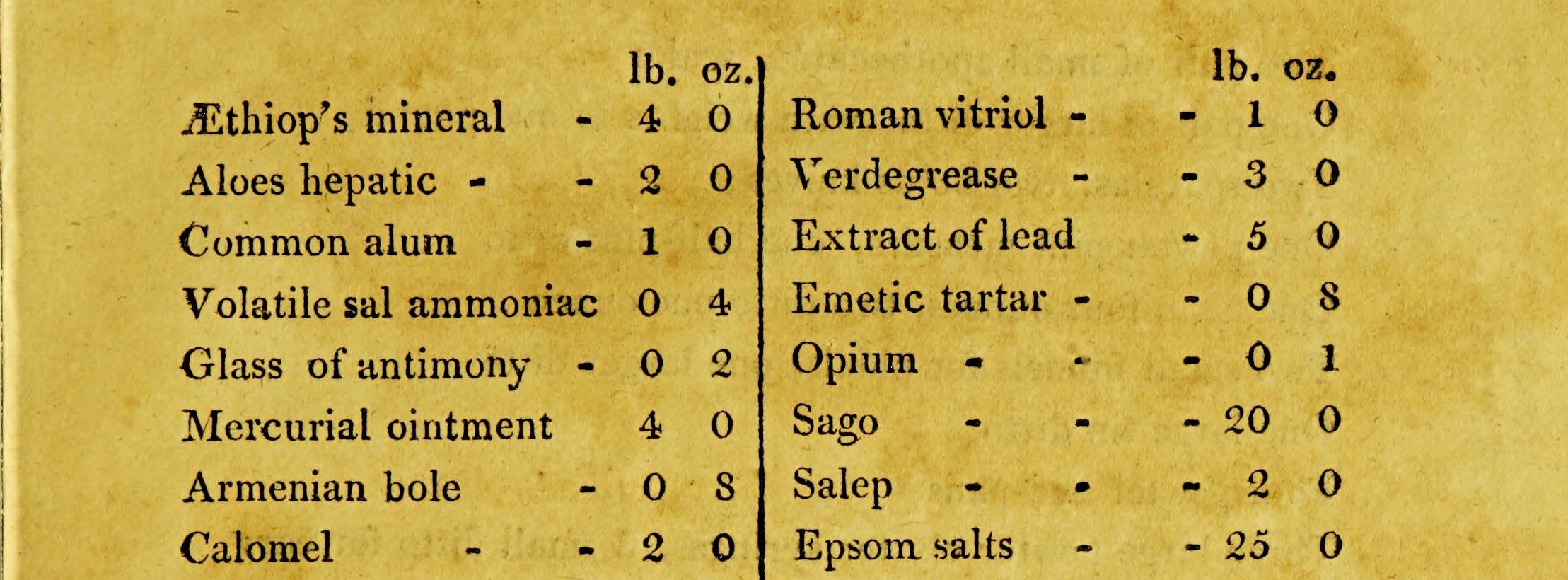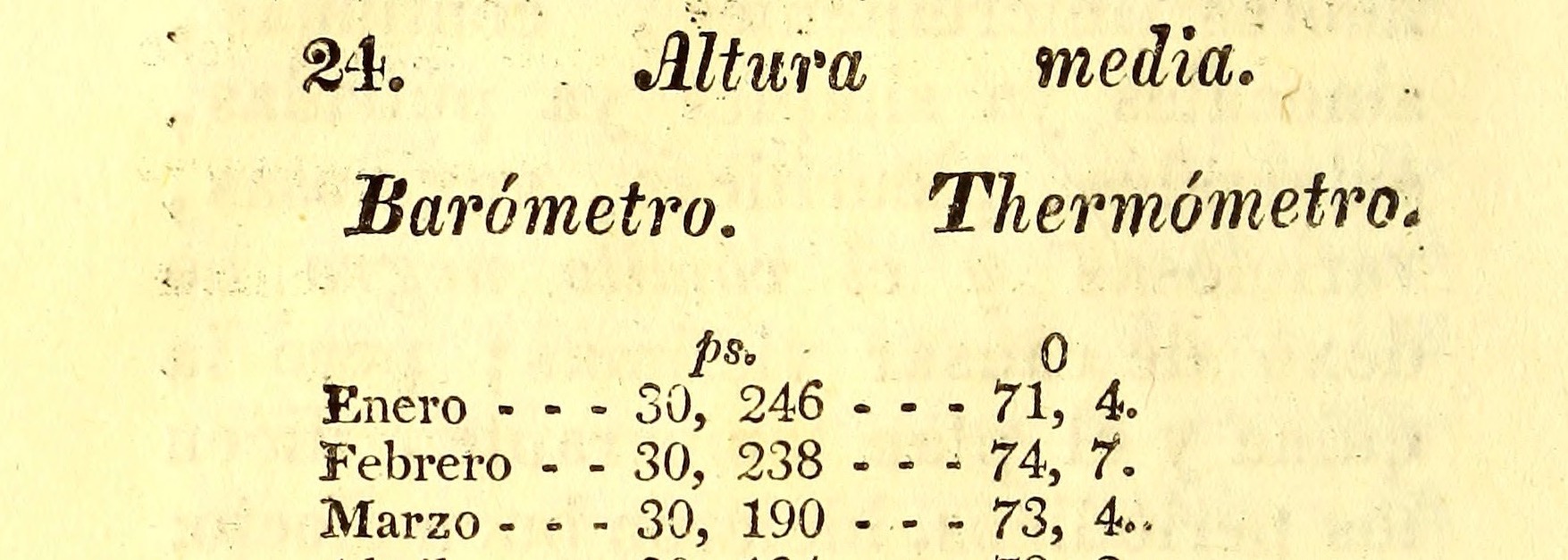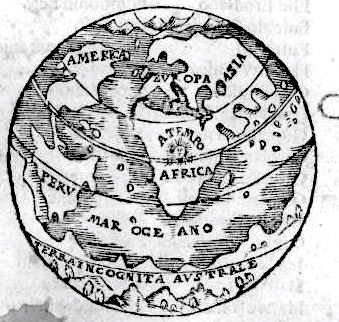Curated by Nathan Allen, Mark Liang & Jamie Solomon
In the JCB there are many texts which claim scientific objectivity. For many Europeans, The New World was viewed as a place of experimentation, innovation, and technological advancement. Through books such as the ones presented here, doctors and naturalists disseminated medical and scientific knowledge, often for the express purposes of the Crown. These books observe a wide range of geographic focus and topical material, from the Caribbean to Brazil, medicine to farming.
It is irresponsible, however, to talk about these “objective” texts without contextualizing them with issues of race and indigeneity. This is perhaps most evident in texts like Practical rules for the management and medical treatment of Negro slaves, in the sugar colonies, where slavery and medical advancement come hand in hand. In others such as O fazendeiro do Brazil or Tratado sobre la fiebre biliosa y otras enfermedades, links to colonialism are less explicit but no less present.
The urgency of this topic is therefore not anchored in the past; rather, in engaging explicitly with their material and contextual histories, the books presented here carry critically into the current moment, exposing the exploitative mechanisms inherent in otherwise ostensibly impartial subjects.
I have frequently departed from the rules laid down by European practitioners

A Professional Planter [= David Collins], Practical rules for the management and medical treatment of Negro slaves, in the sugar colonies. London : J. Barfield, 1803.
Le quitaron la vida

Marcos Sánchez Rubio, Tratado sobre la fiebre biliosa y otras enfermedades. Habana, Cuba: En la imprenta del Comercio, 1814.
Cataloging Labor and Bodies

José Mariano da Conceição Velloso, O fazendeiro do Brazil. Volume 2, part 2. Lisboa: Na Regia officina typografica, 1800.
